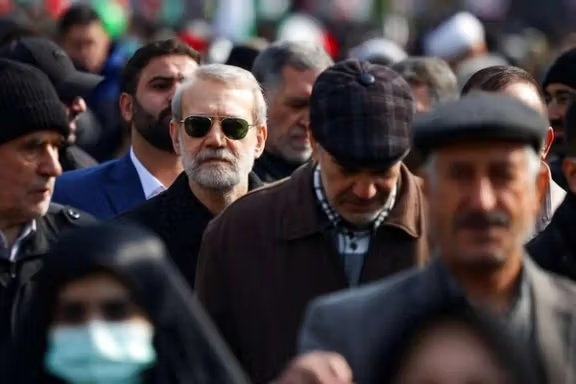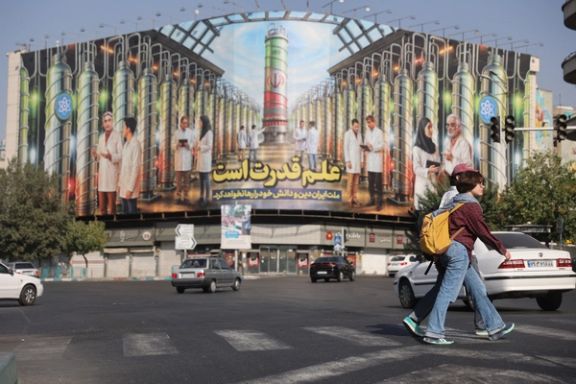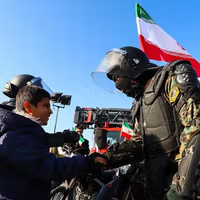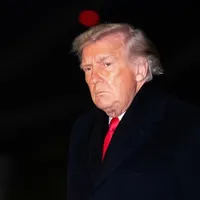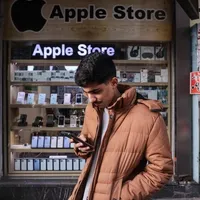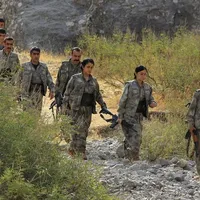A similar resolution had been drafted by Russia in late August calling for a six-month technical extension of Resolution 2231, which underpins the 2015 Iran nuclear deal.
The original draft's text, seen by Iran International, said that the Security Council would suspend "any substantive consideration of matters related to resolution 2231 and the Joint Comprehensive Plan of Action (JCPOA)" during the extension.
That clause led observers to view the draft as doomed, since it effectively deprived France, Britain and Germany (the E3) of their right to trigger the so-called snapback mechanism during the six-month period.
Now the new resolution "eliminates the clause that was seen previously as outlawing snapback if UNSCR2231 was extended," according to Wall Street Journal's Laurence Norman.
However, the new draft too "is very unlikely to make the cut," he said in a post on X on Tuesday.
"The problem is twofold. It leaves ambiguous whether under this new draft, snapback would in fact be allowed ... That ambiguity will need clarifying if it has any chance of advancing."
The "far bigger problem", Norman said, is that "it makes no demands of Iran to get a six-month extension, contradicting the very clear US/E3 stance."
It is not yet clear when the new Chinese-Russian draft resolution will be tabled.
It "will ultimately depend on whether Russia is interested in a resolution that could actually win agreement. Or is simply focused on a blame game where they can say they sought to avert crisis but the E3/US refused," he said.
The snapback mechanism, created under UN Security Council Resolution 2231, allows any signatory to the now mostly lapsed 2015 Joint Comprehensive Plan of Action (JCPOA) to restore previous UN sanctions if Iran is judged to be in major violation.
Once invoked, sanctions return automatically after 30 days unless the Council votes to extend relief. The provision expires in October 2025.
On August 28, Britain, France and Germany formally triggered the process, citing Iran’s accumulation of highly enriched uranium.
On Monday, Iran, Russia and China sent a joint letter to the UN Secretary-General and Security Council slamming European attempts to restore international sanctions on Tehran, Iran's foreign minister wrote on X.
Abbas Araghchi, who signed the letter with his Russian and Chinese counterparts at a foreign ministers’ summit in Tianjin in China, said the powers were united in condemning Europe's "politically destructive" move.

